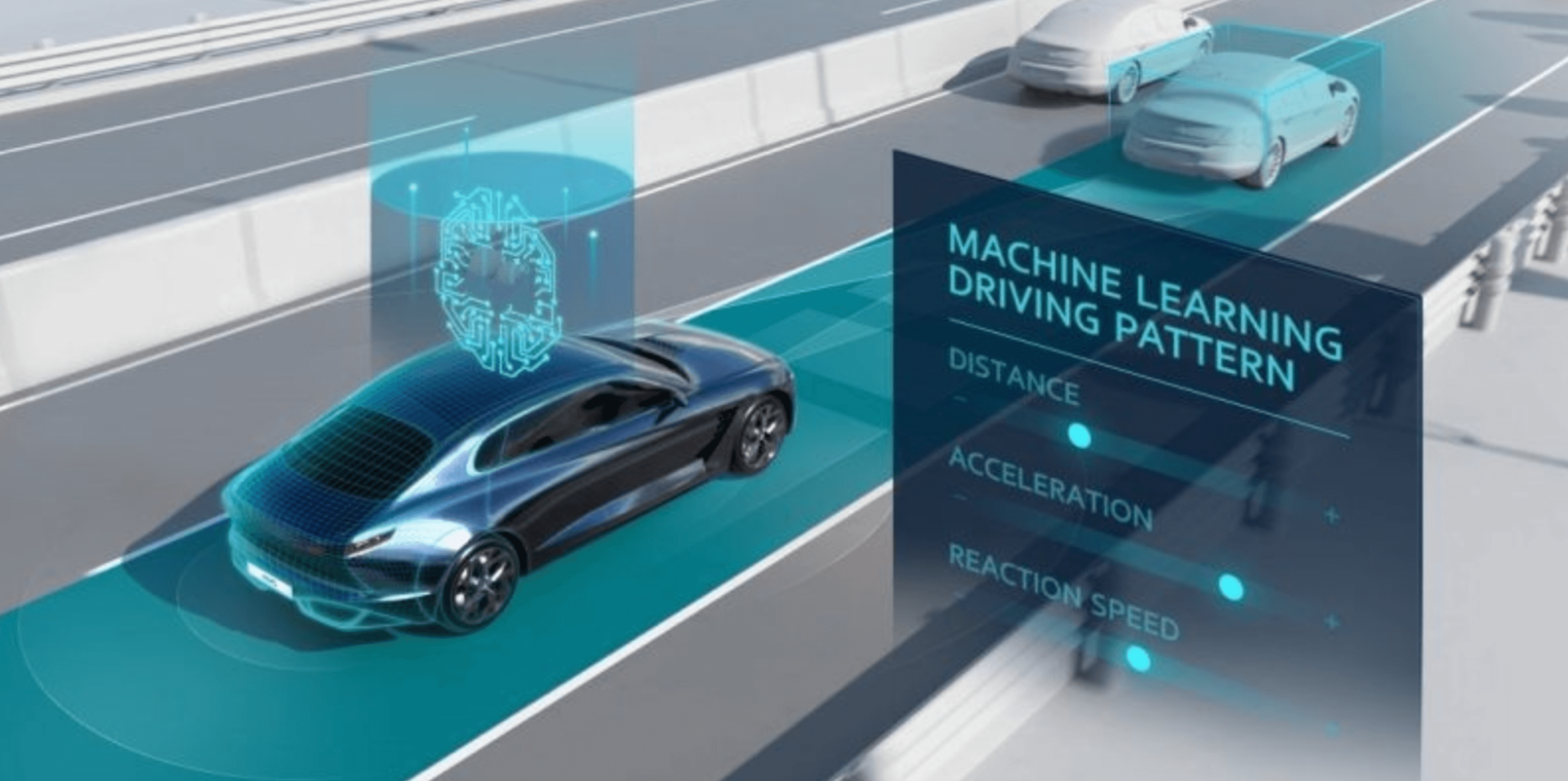TECHNOLOGY
How Machine Learning is Taking the Automotive Industry to a New Level

Machine learning is taking the automotive industry to a new level by improving user experience and leveraging the power of big data.
Most manufacturing operations in automotive industries are still largely dependent on experience-based human decisions. The emergence of Big Data, in conjunction with machine learning in automotive companies, has paved a way that is helping bring operational and business transformations, thereby leading to an increased level of accuracy in decision-making and improved performance.
The automotive industry continues to face a dynamic set of challenges. Shifting market conditions, increased competition, globalization, cost pressure and volatility are leading to a change in the market landscape. Self driving cars and changing usage models have heightened customer expectations. It is needless to say that the automotive industry is on the brink of a revolution. One area that has demonstrated an opportunity to deliver significant competitive advantage is analytics. The automobile is getting transformed by technologies. AI and machine learning algorithms have found an increasing level of applicability in this industry. The collaboration of Big Data analytics and machine learning has boosted capacity to process large volumes of data, thereby accelerating growth of AI systems. Machine learning in the automotive industry has a remarkable ability to bring out hidden relationships among data sets and make predictions.

1. Improving Vehicle Performance with the Incorporation of Big Data Analysis

Machine learning algorithms can accurately incorporate analysis results of customer feedback in social media, for example, text and tweet analytics. This helps in building vehicle and sub-systems performance for guiding future product design. It also helps in detecting failure patterns for establishing a relationship between the failure and causes of failure. Take an example of an automotive company, that found out that cause of failure in several operations in the car is associated with region-specific issues such as inferior fuel quality, climatic conditions, road infrastructure, and so on. This company can make use of machine learning systems for developing region-specific customizations that can improve product reliability.
2. Leveraging Preventive & Predictive Maintenance

Machine learning algorithms can aid in effective planning and execution of predictive maintenance. Predictive maintenance employs monitoring and prediction modelling for determining the condition of the machine and for predicting what is likely to fail and when it is going to happen. Machine learning systems can help in adjusting maintenance interval, where the same maintenance is conducted but shifted backwards or forward in time or mileage. Thus, machine learning systems can enhance predictive maintenance capabilities and help in accurate prediction of future failures instead of diagnosing already existing ones.
3. Enhancing Overall In-Vehicle User Experience

Machine learning facilitates personalization and smart personal assistance. It incorporates analysis results and learns traits of user personality, thereby creating user-specific profiles, which can then be leveraged to provide personalization and assistance.
Machine learning algorithms can be quite useful in solving automotive domain problems, but organizations implementing Big Data analytics and machine learning systems must know how to select the correct algorithm and input/feature vectors for a specific problem domain. Selecting correct feature vectors requires domain experts, and selecting correct algorithms requires experienced data scientists. Once they know how to define the problem domain and business objectives, and validate the selected algorithm in terms of functionality and performance metrics, machine learning systems can accurately demonstrate tangible business benefits.
Source link



















You must be logged in to post a comment Login